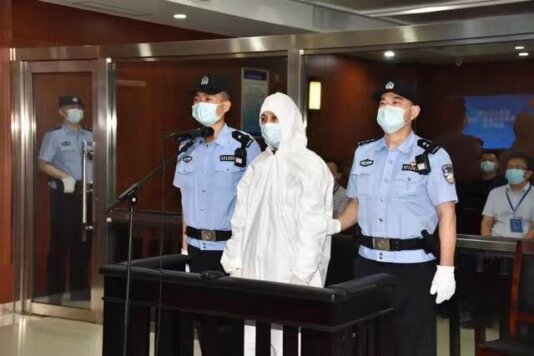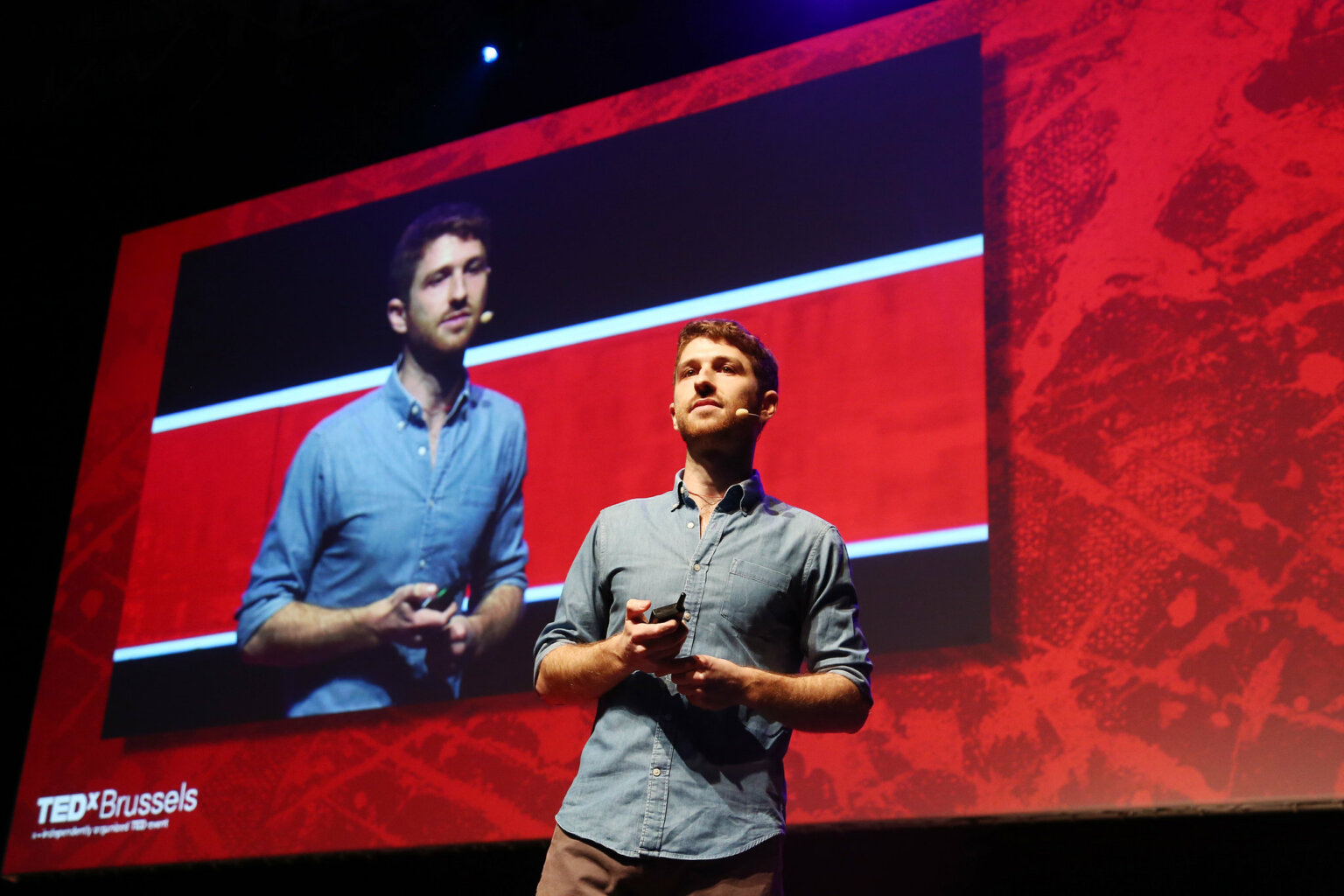- About
- Topics
- Picks
- Audio
- Story
- In-Depth
- Opinion
- News
- Donate
- Signup for our newsletterOur Editors' Best Picks.Send
Read, Debate: Engage.
| February 21, 2022 | |
|---|---|
| topic: | Freedom of Expression |
| tags: | #China, #Xi Jinping, #freedom of speech, #censorship, #social media |
| located: | China |
| by: | Sasha Kong |
Qiu Ziming, a popular blogger in China, had spent seven months behind bars for two social media posts that Beijing considered to be "picking quarrels and provoking trouble."
The 39-year-old former reporter with 2.5 million followers on Weibo, China’s Twitter-like platform, had cast doubt on China’s official number of casualties in its battle with India and suggested that a Chinese commander survived the conflicts due to his high ranking.
Qiu was arrested in late February last year, and was sentenced to seven months under the nation’s new defamation law, which criminalises any acts of speech that "insult, defame or infringe the reputation and honour of heroes and martyrs."
Enacted in March 2021, the law can send offenders to prison for up to three years in "serious cases." Officials define the level of gravity of the "offenses" based on their reach on social media. "For any posts with fewer number of clicks, views and shares that do not constitute as a large media presence, they are not considered a criminal offense."
The government said the new law aims to "protect public order." So far, dozens of people have been either arrested or sentenced under the new law for their speech online - even in private message chats that led to tip-offs.
The new law constitutes Beijing’s most recent move to eradicate any political criticism against the Chinese regime, according to Dr Jacques deLisle, director of the Center for the Study of Contemporary China at the University of Pennsylvania.
"This is really about preventing certain forms of political criticisms or statements that are seen as potentially harmful to the regime’s increasingly nationalist claim to legitimacy," the legal expert told FairPlanet.
“While slander and other forms of defamation are not legally protected speech in most systems, the concerns in the case of China’s recent restriction are that slander / defamation will be construed broadly, flexibly or politically."
China’s freedom of speech, particularly online, has become increasingly squelched in recent years under president Xi Jinping’s rule. The country launched a month-long internet “cleansing” campaign in late January for the spring festival against what they deemed a toxic celebrity culture. It was widely seen as Beijing’s crackdown on internet freedom and the entertainment industry.
"The new wave of prohibitions comes against the backdrop of prior restrictions on internet speech that rightly drew much criticism for authorising punishment of ill-defined 'rumors' and for those whose proscribed posts reached larger audiences - something over which the original poster has little or no control," Dr deLisle added.
These prohibitions have expanded to encompass speech about soldiers that were killed years ago. In September last year, the body of a soldier who fought for the People’s Volunteer Army (PVA) during the Korean War was returned to China.
A 40-year-old commentator and former journalist named Luo Changing said on his Weibo in October last year that "very few Chinese people would review if this war [Battle of Chosin Reservoir] was fair," and jeered at the Chinese army’s strategy at the time. In a matter of days, Luo was arrested under the defamation law for insulting the PVA.
In the same month, a Chinese court sentenced a woman surnamed Xu to seven months in prison, after she said online that "a country that prohibits protests feeds a gang of violent netizens, with some being the gay Dong Cunrui with makeup and some like Jack the Ripper. They are just a torture day after day…."
Dong was reportedly a Chinese soldier in the People’s Liberation Army back in the civil war. He was said to have led a blasting effort and sacrificed himself in a battle against Kuomintang in 1948.
"In [Hui’s] case, Dong Cunrui is a famous national fighter, whose heroic acts and spirits are the collective memories of the Chinese people, a representation of the Communist core values and an indispensable part of public interests. Dong’s name does not just represent him as an individual, but also our country’s heroic spirits," officials said in a statement.
China’s attempt to push internet users into adopting the "right side" of history is part of the Xi administration’s effort to blend the concepts of the ruling party and the country as a whole, according to Angeli Datt, Freedom House’s senior research analyst for China.
"Authorities have cracked down on 'historical nihilism,' or deviating from the Party’s view of China’s history, because the Party is trying to make China and CCP [Chinese Communist Party] indistinguishable to tighten its control," Datt told FairPlanet.
"The law on defaming 'heroes and martyrs' is a part of the effort to define Chinese history through the lens of the CCP and to capture public support through a patriotic campaign."
Datt called the law a "violation of right to freedom" and said the future of the country’s internet freedom remains gloomy.
"With Xi Jinping expected to cement his historic third time as leader of the CCP, we will likely see further restrictions on what people can say online and even previously acceptable comments or expression censored," Datt said.
Image by Sergey Zolkin
By copying the embed code below, you agree to adhere to our republishing guidelines.

